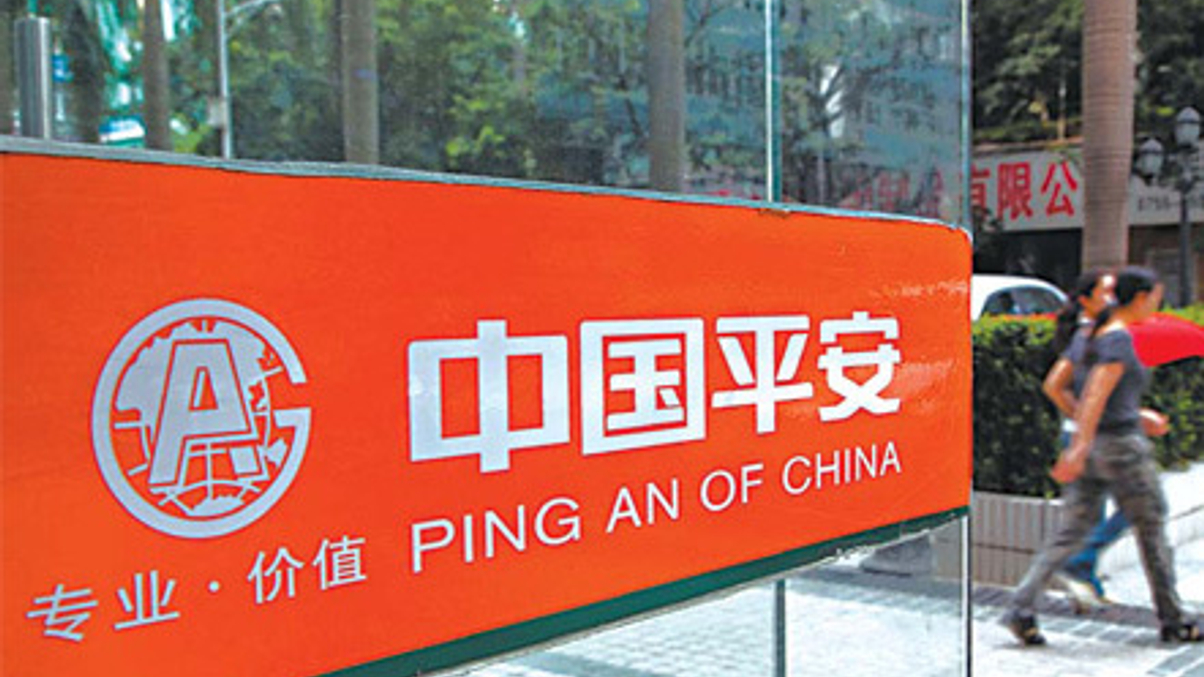December’s most read: Benjamin Deng to join Ping An; HK equity outlook 2022
The former CIO of China Pacific Insurance Co (CPIC) had left the insurer in September for family reasons; select names in the HK stock market should show decent performances, while the overall market sentiment is expected to pick up after the first quarter; positive but moderate returns are still expected from US equities, while the pace of policy normalisation and economic growth is closely watched; and more

Sign in to read on!
Registered users get 2 free articles in 30 days.
Subscribers have full unlimited access to AsianInvestor
Not signed up? New users get 2 free articles per month, plus a 7-day unlimited free trial.
¬ Haymarket Media Limited. All rights reserved.


